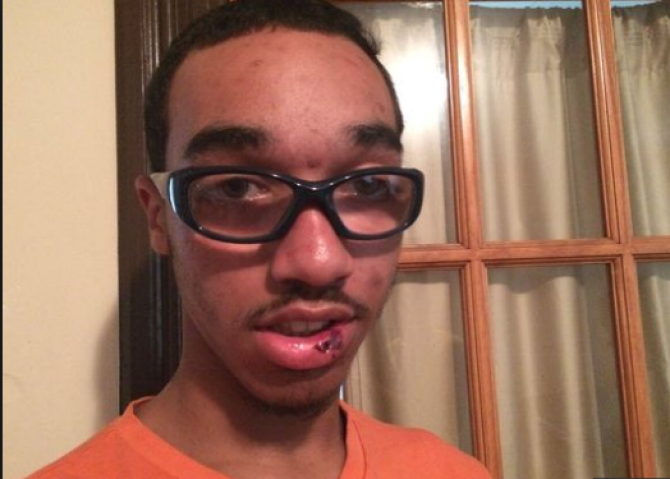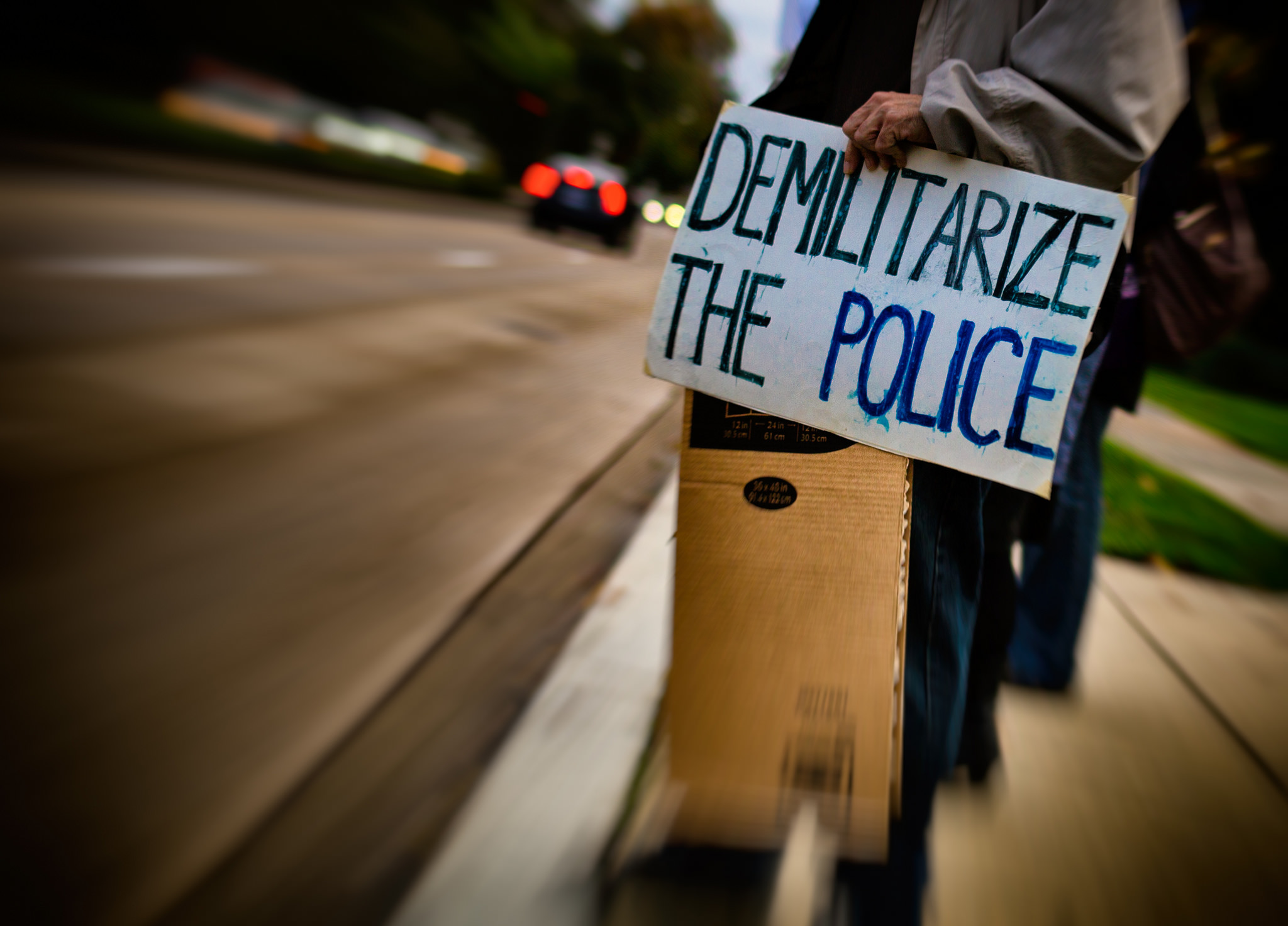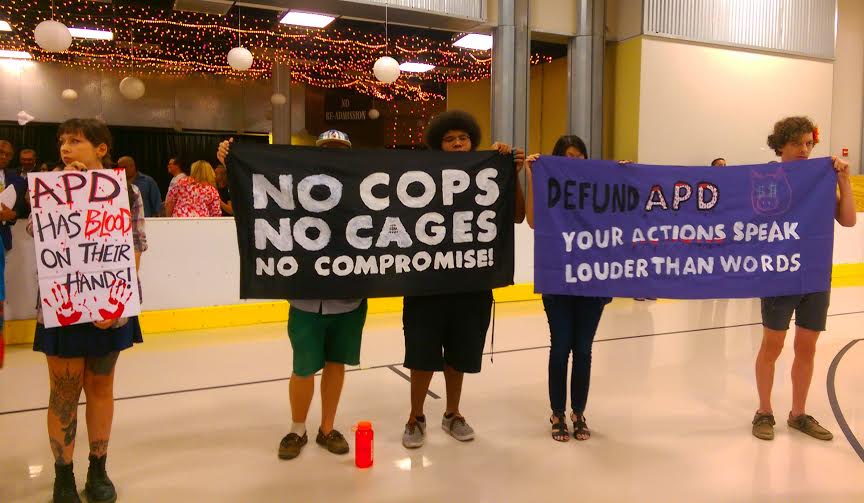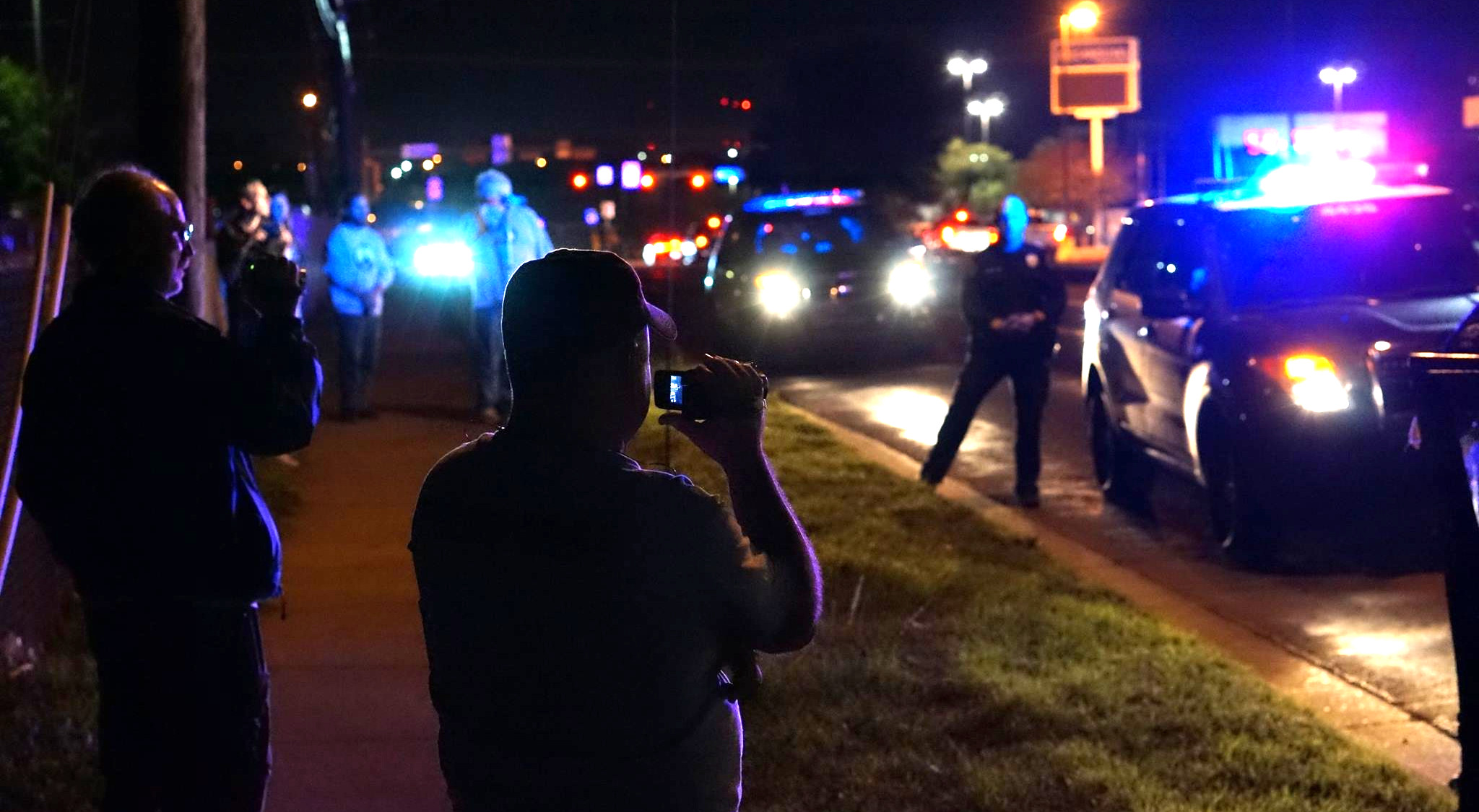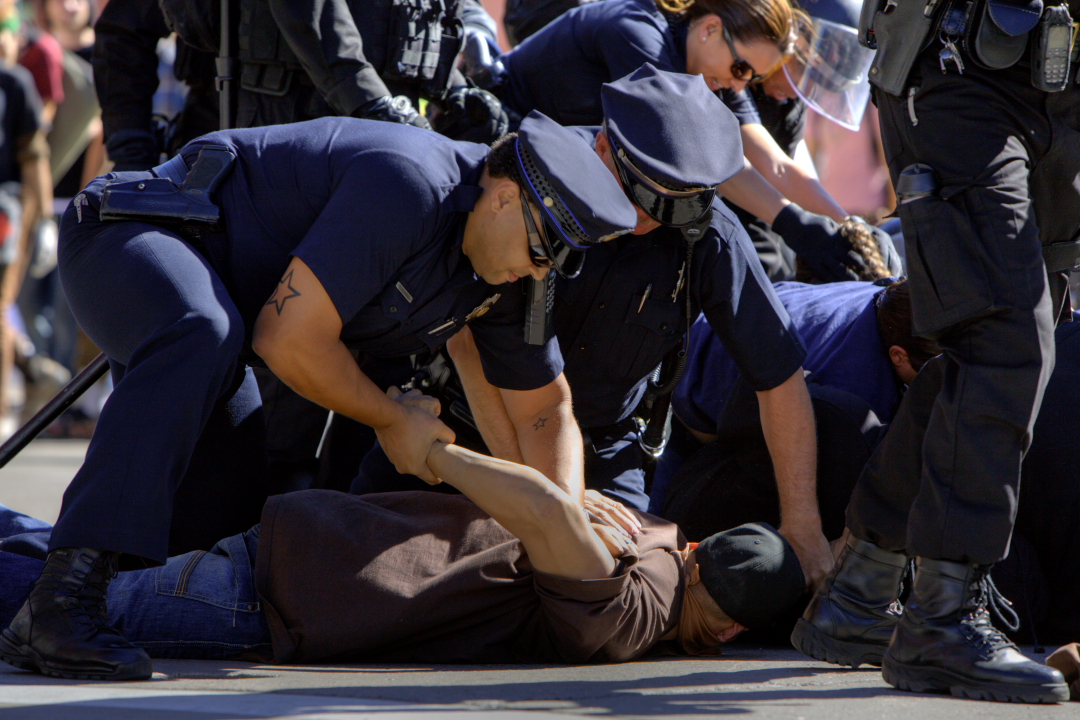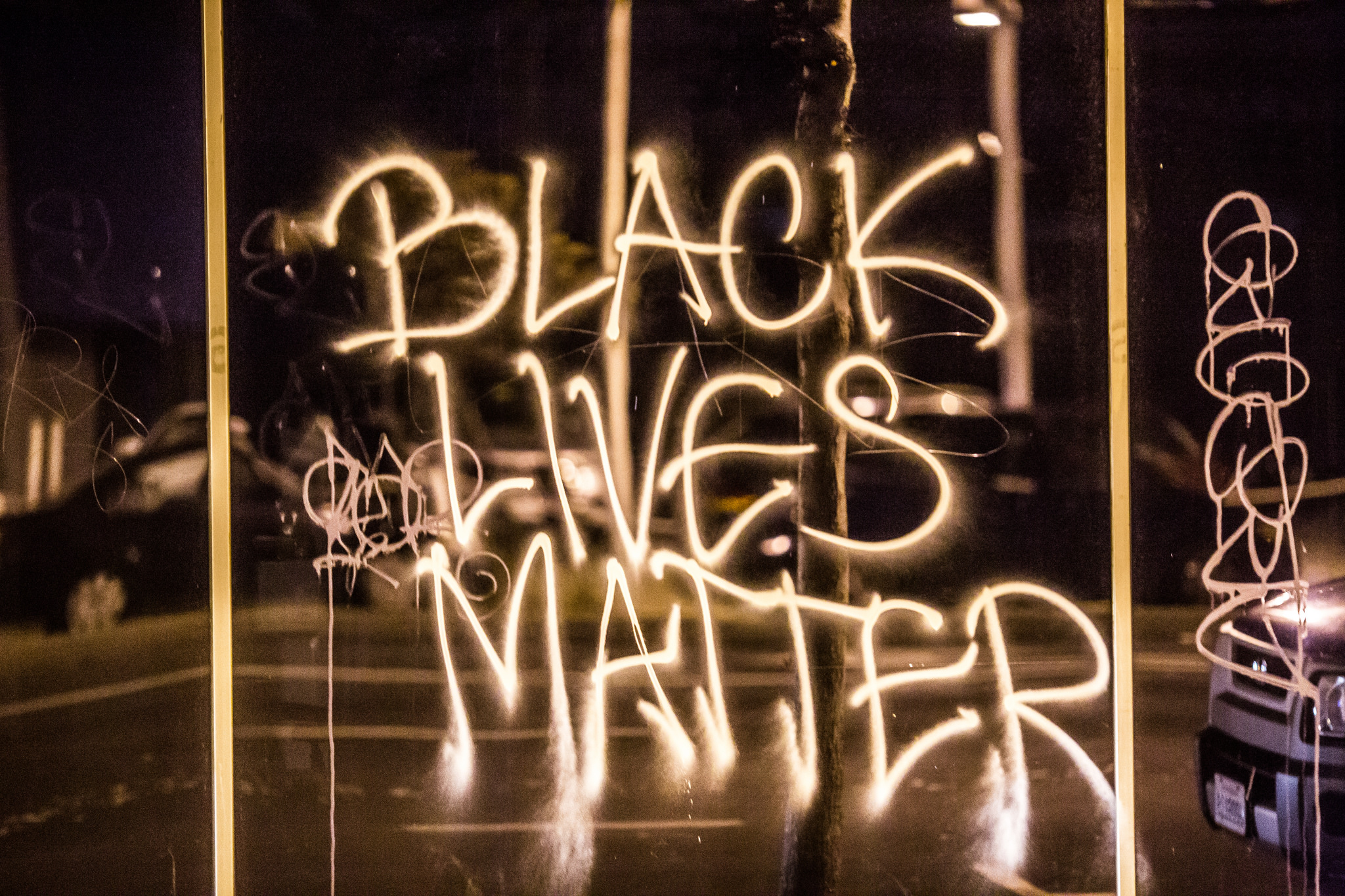Marcus Abrams, a 17-year-old autistic teen from St. Paul, who also suffers from seizures, didn’t belong on the tracks at a Metro Transit station, but his family is questioning the violence of his subsequent arrest during which police tackled him to the platform floor.
A photo collage posted to Facebook by Abrams’ sister two days after the incident shows multiple bruises to his face.
Advocates for the autistic and disabled say the incident highlights the need for better police training.
